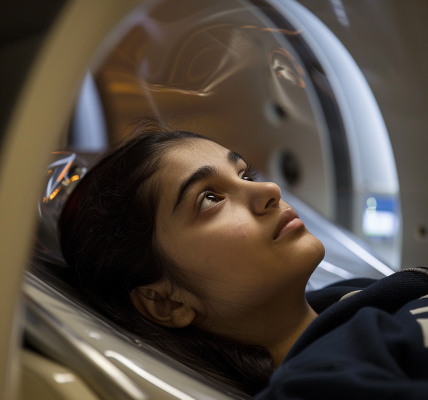Investing in a tuberculosis-free future is not just a health imperative but also a sound economic decision, as revealed in a recent modelling study. The study, which focused on Brazil, Georgia, Kenya, and South Africa, provides a compelling investment case for tuberculosis (TB) screening and preventive treatment (TPT).
The findings of the study underscore the potential for significant health and economic benefits with relatively modest investments. In fact, the study suggests that for every dollar invested, there could be a return of up to US$ 39. This demonstrates the cost-effectiveness of scaling up TB screening and preventive treatment, aligning with the targets set at the 2023 UN High-Level Meeting on TB.
The investment case aims to empower countries to advocate for increased resources to support the expansion of TB screening and preventive treatment. By highlighting the positive returns on investment, the study seeks to mobilize support for the commitments made by Heads of State at the UN meeting.
With the potential to serve as a blueprint for other settings with similar epidemiological contexts, the study’s insights could have far-reaching implications in the global fight against TB. It is a timely reminder of the importance of prioritizing resources for TB control and prevention efforts.
The study, authored by the Global Tuberculosis Programme (GTB) of the World Health Organization, presents a comprehensive analysis of the costs and benefits associated with TB screening and preventive treatment. The 20-page document provides valuable insights that can inform policy decisions and resource allocation strategies.





